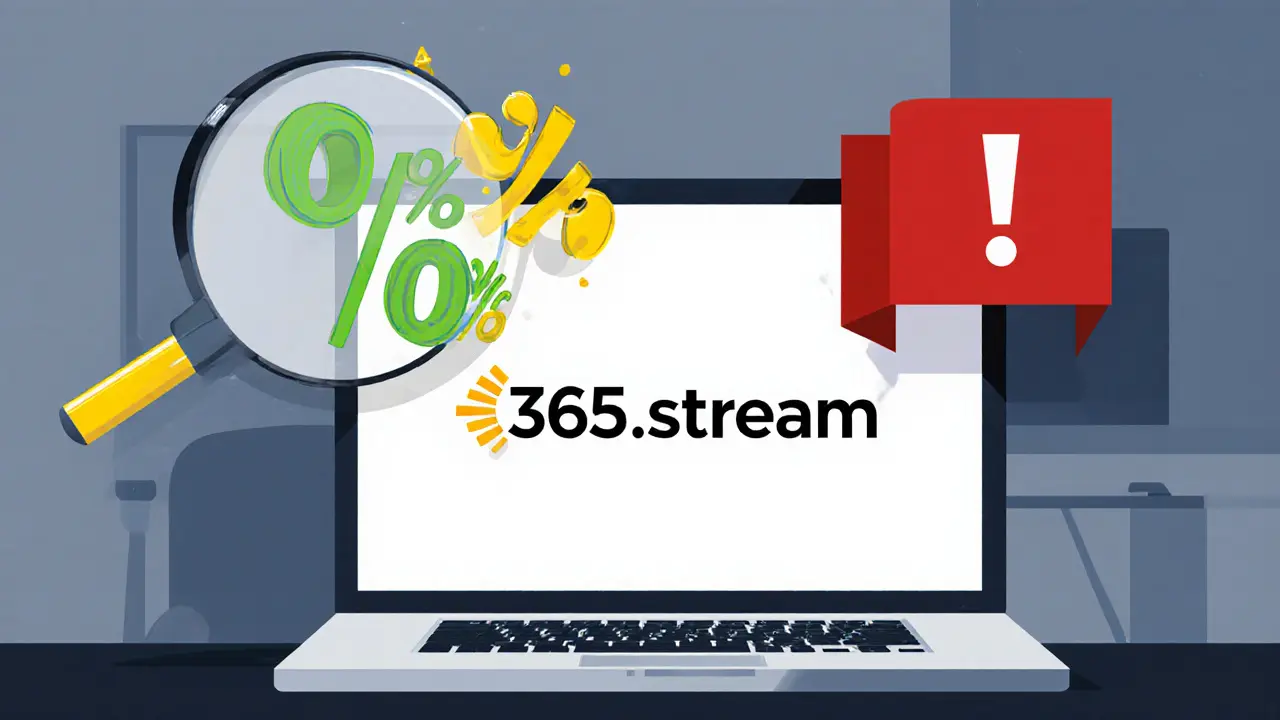Exchange Trust – Your Guide to Crypto Exchange Reliability
When you hear the phrase exchange trust, the confidence that a crypto exchange will keep your funds safe, protect your data, and follow the law. Also known as exchange reliability, it matters whether an exchange offers solid KYC compliance, a process that verifies user identities to meet legal standards, strong security measures, like cold storage, two‑factor authentication, and regular audits, and clear regulatory oversight, guidelines from financial authorities that enforce rules and protect investors. Without these, trust erodes quickly. Below we break down why each piece matters and how they fit together.
Key Factors of Exchange Trust
Exchange trust encompasses security protocols that prevent hacks, and it requires transparent governance to build user confidence. A platform that stores a large share of assets in offline wallets reduces the chance of theft – that’s a direct link between security and trust. Meanwhile, KYC compliance influences regulatory trust: when an exchange follows Know‑Your‑Customer rules, regulators are more likely to grant licenses, which signals reliability to users. Privacy‑focused exchanges often avoid KYC, offering anonymity, but they trade off some regulatory trust for user privacy. Understanding this balance helps you decide what level of trust fits your risk profile. Look for exchanges that publish security audit reports, disclose insurance coverage, and clearly state their licensing jurisdiction – those signals are practical proof of trust.
What you’ll see in the articles below is a mix of deep‑dive reviews, legal analyses, and practical how‑tos. We cover notorious cases like the JPEX scandal, where missing KYC and poor security shattered trust, as well as promising platforms that prioritize transparency and user protection. You’ll also find guides on navigating non‑KYC exchanges safely, steps to verify an exchange’s licensing status, and tips for protecting your assets regardless of the platform you choose. By the end of this list, you’ll have a solid checklist to assess any crypto exchange’s trustworthiness and make informed decisions before you deposit a single coin.
In‑Depth 365.stream Crypto Exchange Review - Fees, Trust & Alternatives
A comprehensive review of 365.stream covering fees, trust warnings, user experience, and safer alternatives for crypto traders.





